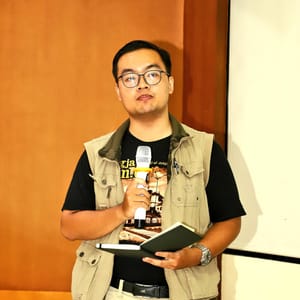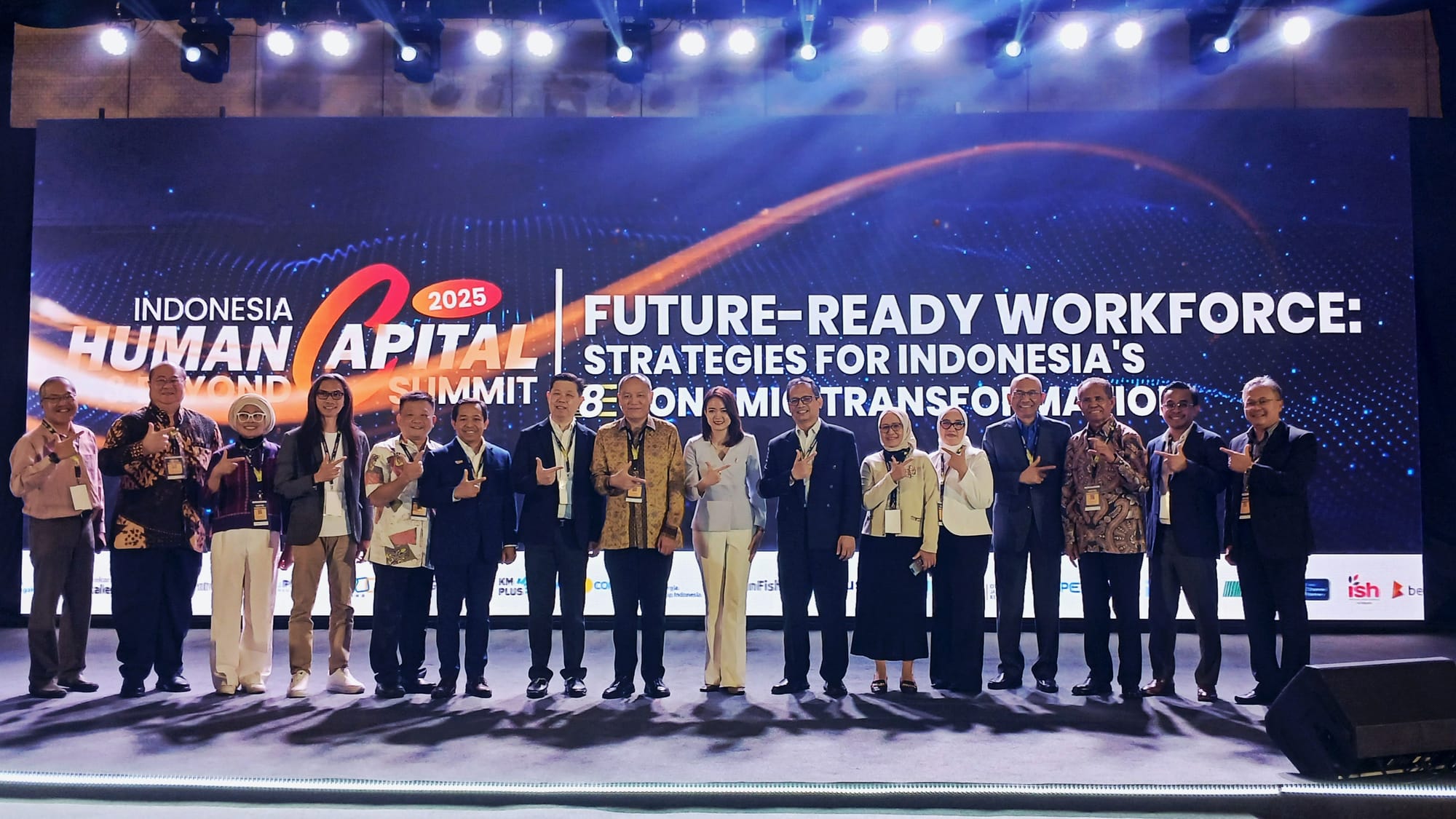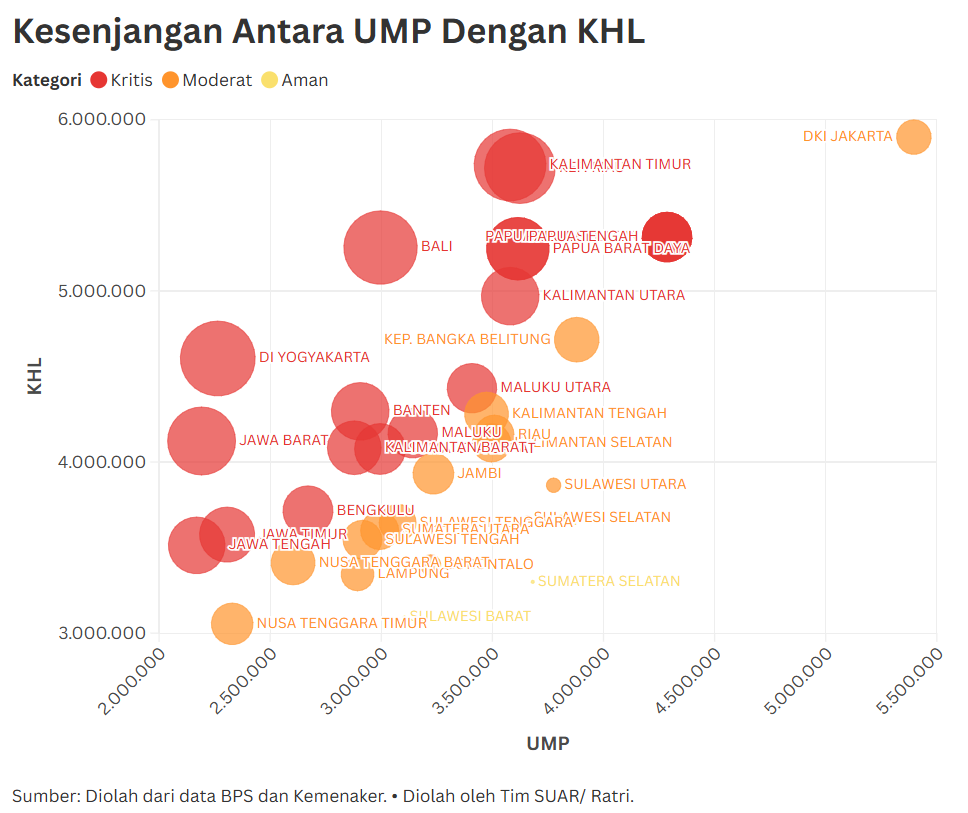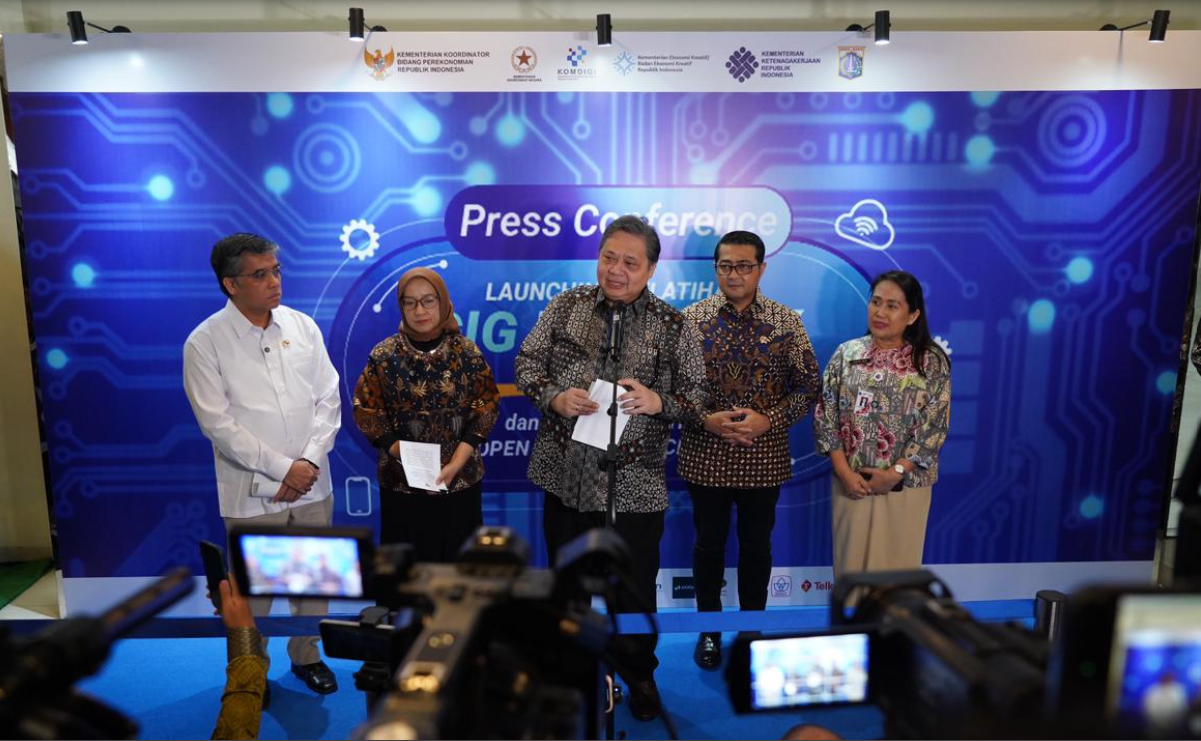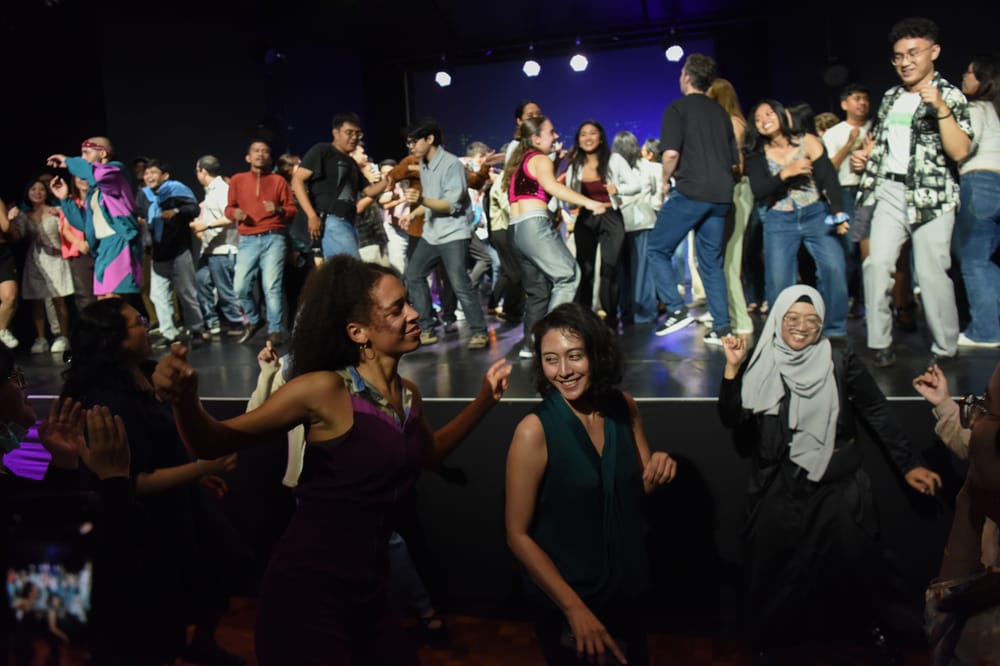Relying solely on superior human resources is not enough to face the increasingly rapidly changing future of the business world, according to a number of practitioners on Tuesday (2/9/2025), amid digital developments and transformations.
Founder of QuBisa, Suwardi Luis, said that resilience and adaptability are far more crucial for job seekers to have in preparing themselves to enter the job market.
"With good coordination, we decided that the event would still be held. From a different point of view, the holding of this national event can provide an overview that not all of Jakarta is in chaos, and most business leaders are optimistic that they can still move forward," said Suwardi at the Indonesia Human Capital and Beyond Summit (IHCBS) 2025 event at the Indonesia Convention Exhibition (ICE) BSD City, South Tangerang, Banten on Tuesday (02/09/2025).
The event was attended by Executive Director of GNIK Dharma Syahputra, CEO of Kompas Gramedia Liliek Oetama, and Corporate Communications Director of Kompas Gramedia Glory Oyong.
Suwardi stated that IHCBS is here to answer the increasingly urgent need to increase the capacity of Human Resources (HR).
"The transformation of improvement is not in planning, but from the capacity to execute strategies. Of the 174 companies we surveyed, 32.5% stated that they were successful in executing strategies well because of resilient and reliable human resources," he said.
Three turning points
Professor of Innovation and Leadership Practice at Hult International Business School, Riaz Shah, explained that in a rapidly changing world, human civilization is currently facing three turning points that affect the process of human resource development.
- First, demographic changes marked by a global fertility decline from 4.83 children per mother in 1970 to 2.30 children per mother in 2020. Japan, as a case in point, even experienced a population decline of 900,000 people in 2024, with a higher mortality rate than birth rate.
"There are economic, social, and generational changes, in addition to health factors. Governments of various countries often will not be able to comprehensively address this problem with just one type of parsimonial policy," Shah stated.
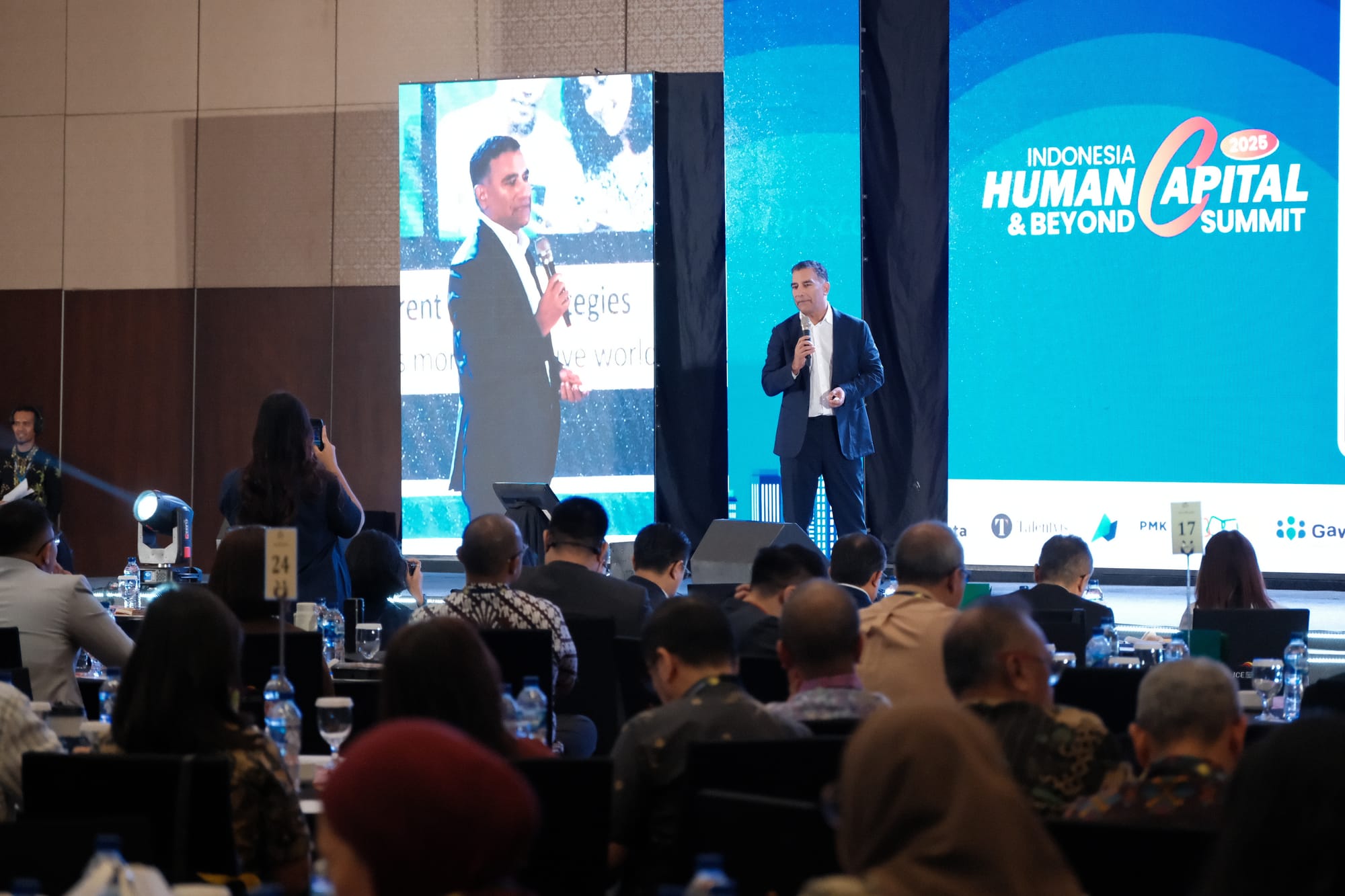
- Second, the changing attitudes and work motivations of Generation Z have shifted significantly compared to previous generations.
"With young people becoming increasingly financially vulnerable and mentally stressed, according to Shah, Gen Z workers are increasingly selective in choosing jobs, desiring flexibility, and emphasizing the alignment of work with well-being and individual values," said Shah.
- Third, the disruption of artificial intelligence (AI) in the form of generative AI, agentic AI, and physical AI has broad implications for human resource competence.
"Upskilling and reskilling are becoming increasingly important. Human resource recruiters are required to be able to find future roles that can blend natural human talents with AI to achieve optimal productivity and maintained well-being," Shah emphasized.
To avoid being eroded by these three turning points, Shah recommends three important steps for talent management:
- First, keep curiosity high by asking more questions and never stop learning, including from young workers who are more agile and quickly adapt to technology.
- Second, maintain human intuition by honing emotional intelligence, collaboration, caring, and accommodating diverse perspectives.
- Third, be bolder by leading change, taking smart risks (smart risk-taking), and highlighting data insights in decision-making.
"The future has never been more certain than what we face now. True leaders make uncertainty a source of energy, facing it not only as a danger but as an opportunity," Shah concluded.
How to learn
The following are a series of the best innovations successfully carried out by a number of industry players in transforming the professional environment:
Director of Human Resources at Pertamina International Shipping (PIS), Dewi Kurnia Salwa, said that her company continues to pay attention to the increasing trends in demand for fossil fuels, digitalization, price volatility, and oversupply risks to adjust human resource needs.
"The characteristics of human resources that we develop seek to meet the criteria of workers who are digitally capable, collaborative, adaptive, resilient, ready to face challenges, and able to help the company meet global market needs," Dewi said.
To that end, PIS has developed a number of inclusive, environmentally conscious, and responsible recruitment and leadership talent development steps through various cadre formations. In the future, the outputs of cadre formation will be increasingly ready to be placed as top managerial leaders.
"The formation of leadership cadres must open access to networking and capacity building at the global level, with the support of digital resources, have high competitiveness, and be able to navigate global megatrends with resilience, innovation, and optimal growth," she concluded.
In the face of change, the desire to obtain optimal and work-ready human resources is increasingly urgent. Najeela Shihab assesses that the human resource recruitment of each company needs to be more realistic in accepting talented young people, and requires work experience to be able to develop better.
"Our expectations for ready-made talent are too high, often demanding things from fresh graduates that they have never experienced on campus, citing reasons of no time and target demands. By understanding lifelong learning, the process of upskilling and reskilling must take place throughout the work process," said Najeela.
KTM Solutions, which she leads, for example, is increasingly encouraging the use of AI not only as a means of learning but also as a productivity instrument, such as the use of AI in the asynchronous worker candidate interview process.
In this way, in addition to the interview results being more objective, it also proves that human resource investment is able to empower and not be replaced by AI.
Andrey Andoko confirmed that the AI transition is inevitable in the lecture process and in the world of work. Instead of pushing students, Andrey stated that teaching staff must be more adaptive with AI, giving students the opportunity to use AI in the learning process, and develop beyond AI skillset upon graduation.
"By familiarizing students with doing case studies and project based learning, final year UMN students learn competencies that they will face exactly in the world of work. We carry out mandatory internships and encourage entrepreneurship in a balanced way, so that they not only look for work but also create jobs. Although it is not necessary to establish a business or start-up, the important thing is that the mindset to move forward is there," Andrey concluded.

